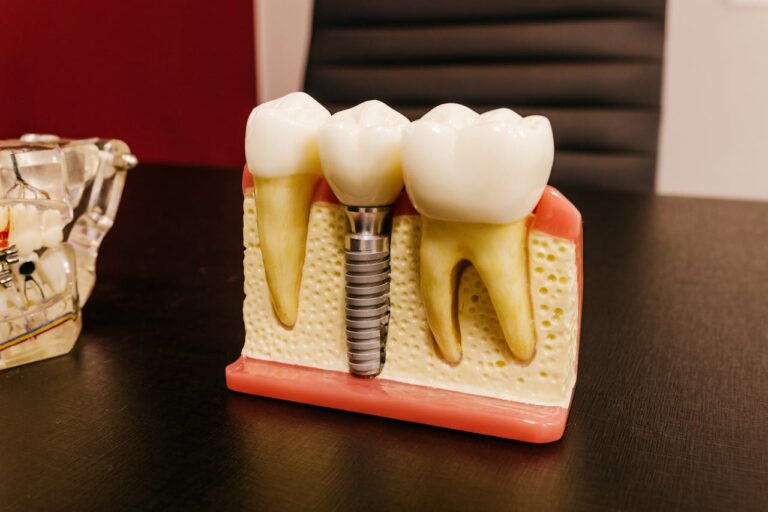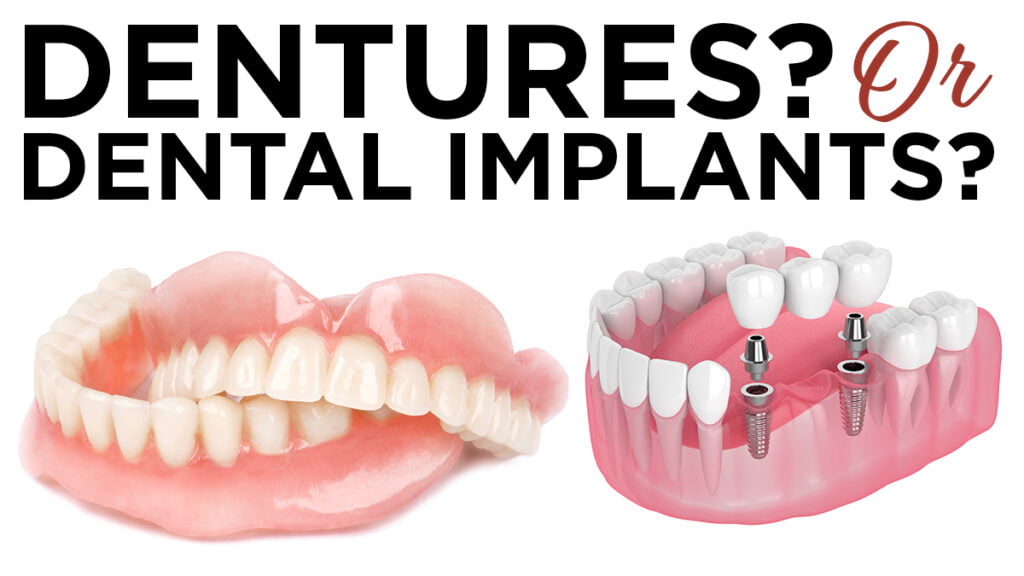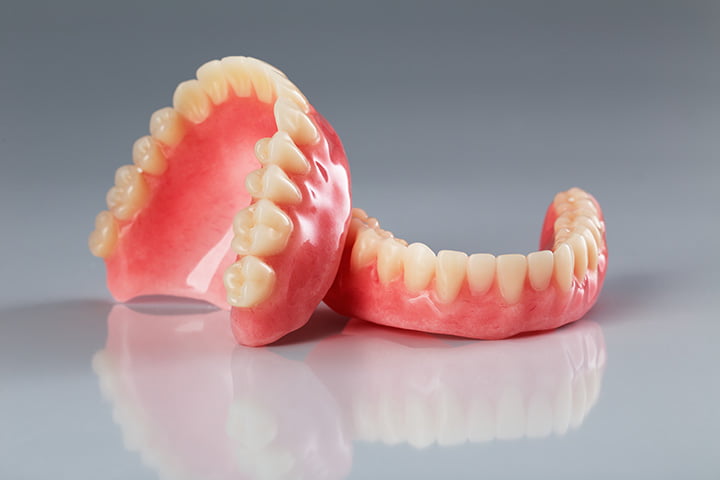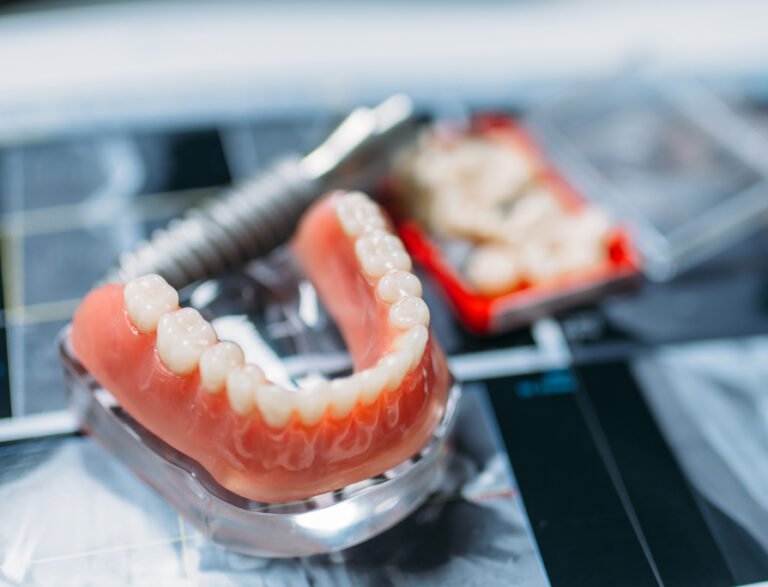
Are Dental Implants Good? Answering the Most Important Questions
Addressing key questions on dental implant options, the procedure from consultation to recovery, maintenance tips, cost analysis, and determining suitability.
New Smile.
New Smile.

If you’re in pain, tired of not being able to eat the foods you enjoy, and unable to even smile at a stranger passing by you on the street thanks to your missing, broken, or rotting teeth, we understand the anxiety you face every day. At Texas Sedation Dental & Implant Center, we want to help you choose the best dental options for you. In order to make that happen, we want to give you the full transparency your future care plan deserves.
Did you know that an incredible 70% of tooth loss in adults is caused by gum disease? It’s the leading cause of adult tooth loss, and when left untreated, it can affect more than just your teeth. Gum disease can have a terrible impact on your overall bodily health too.
While many adults get their first set of false teeth between the ages of 40 and 49, most of them always settle on a set of standard dentures the first time around. While dentures can “replace” missing teeth, improve speech, make eating easier, and help improve confidence, the reality is, they aren’t a lifetime fix, and often come with built-in difficulties. Dentures may be right for some patients, but they’re certainly not “one size fits all.” That’s why so many more people these days are making the move to dental implants as a permanent solution for their lost or damaged teeth.
The Statistics
There are more than 36 million Americans who have no teeth at all in their mouths. 23 million are missing multiple teeth, and about 12 million are missing teeth in at least one arch. And finally, another 120 million are missing at least one tooth. For many years, about 90% of these people were turning to dentures as the solution to their problem, but over the last few decades, that number has been steadily declining. Between 2019 and 2020 alone, dentists saw an increase of 6.3% in the use of implants over dentures for patients between the ages of 65 and 74. It’s predicted that by 2026, that number will increase to 23%!
But what does that really mean?
It means more and more people are recognizing how and why implants are a better choice than dentures. But that recognition starts with understanding each option thoroughly.
Dentures
Dentures are often the most cost-effective way to enhance your smile and confidence. They cost less when compared to dental implants, which is why many individuals tend to try them first — they simply want to avoid the extra spending of implants. Many individuals will also choose dentures as their first attempt at a solution because they fear invasive procedures and surgery. Plus, if more tooth loss occurs in the future, dentures can be easily modified to accommodate the missing teeth. However, even though dentures can temporarily improve your appearance, they actually hinder your overall health in the long run, because they give you a temporary fix for a permanent problem.
Dentures do very little in the way of preserving and supporting the bone in your jaw. Over time, the bone that holds your natural-born teeth in place will begin to vanish. This is often referred to as the “collapsing” of your facial features. This collapsing can cause further deterioration that can lead to a myriad of health problems. With dentures, you’ll also need to revisit the dentist every few years to have them realigned because as your jaw bone deteriorates, the dentures will fit more loosely than when they were first created. This eventually leads to difficulties speaking, chewing, and even sores in your mouth from uncomfortable rubbing on your gums.
Dental Implants
Time and time again, dental implants have been shown to improve the quality of life for many people. Not only does it permanently improve their physical appearance, but it permanently benefits the functionality of their mouth too. When properly cared for, dental implants can last decades, if not a lifetime. The idea behind dental implants is to provide patients with the ability to have a permanent, healthy smile. They’re the only tooth replacement option that can stimulate bone growth and prevent further loss of the jaw bone. That’s how many of our patients are able to regain up to 85% of their bite force ability within just a few months after receiving dental implants. There have even been cases when a patient regains 100% of their natural bite force. With implants, it also looks and feels like you have natural teeth because the root of the tooth is replaced along with the tooth. Implants won’t affect your speech, hinder your ability to eat the food you enjoy, and with proper care, much as you would give your natural teeth, they’ll give you a beautiful smile for a long time.
Are there downsides to dental implants?
While many patients never experience any detriments to dental implants, there is a very small percentage of implants that do fail, averaging somewhere between 5-10%. This usually happens shortly after the implants have been installed, and sometimes up to a year later. One of the most common reasons this happens is due to a lack of bone density in the jaw. This is why dental professionals do a thorough examination of their patients — including their jaw bone — before determining if dental implants are the right option.
Another potential downfall for some is the fact that, even though it’s minor, receiving dental implants is a form of surgery. Having any form of a surgical procedure can be unsettling to many, but that’s where Texas Sedation Dental & Implant Center is different. We specialize in offering our patients sedation dentistry via I.V. sedation so that they can relax, and feel comfortable with and confident in their surgery.
The last potential detriment people may see in dental implants are the cost — many shy away from getting them because the costs can be high. We won’t mislead you here — dental implants aren’t considered cheap. But they can’t be expected to be cheap either, not when you’re receiving a brand new set of teeth, a beautiful smile, and the ability to talk and eat without pain or humiliation. Those realities should be priceless! But as with any dental plan, cost is dependent upon needs. That’s why we’ll create a custom plan for your care and walk you through it every step of the way. We also offer financial assistance where insurance doesn’t cover everything, or if you’re uninsured.
Give Texas Sedation Dental & Implant Center a call so we can discuss how dental implants might be your best option for getting yourself back to smiling!

Addressing key questions on dental implant options, the procedure from consultation to recovery, maintenance tips, cost analysis, and determining suitability.

Discover the benefits, drawbacks, and considerations of each option to make an informed decision when exploring dental implants and dentures.

The Significance of Candidate Evaluation for Dental Implant Success Dental implants have marked a paradigm shift in the field of

Conquering Dental Anxiety with Sedation Dentistry Dental anxiety is a common concern among many individuals. The mere thought of sitting

Firstly, before we answer your question on why you possibly need a bone graft, let’s answer the more obvious question,